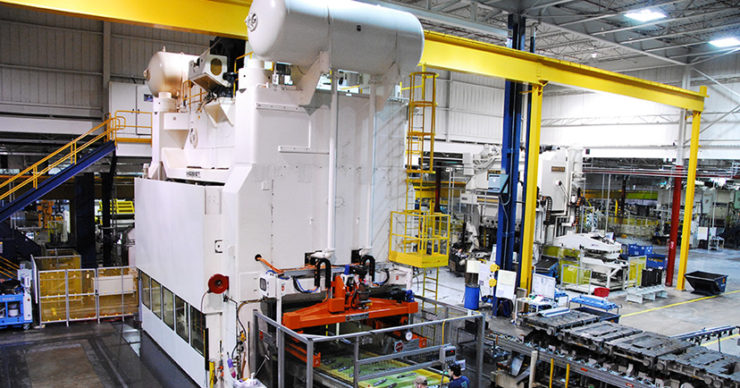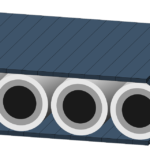Finding and setting up a workspace for a manufacturing business can be a lot more challenging than finding a workspace for a more office-based business. Unlike businesses in industries such as software, marketing, accounting, or other fields, which mostly use personal computers to carry out daily operations, you will need more than a basic office with space for a few desks and chairs.
If you are starting your own manufacturing business and are struggling to find the ideal workspace, here are some top tips that can help you to find the space you need.
Work Out Which Machines You Need
Most manufacturing businesses need plenty of machinery and industrial equipment in order to function properly. While the exact types of machine you will need will depend on the specific product or products you are manufacturing, you will likely need at least several different machines. Common industrial machinery includes compressors and pumps, recycling balers, generators, and much more.
If you are not sure where to get hold of machinery for affordable prices, sites like Fluent Conveyors and others are worth exploring.
Make Sure That There Is Enough Space to Work Safely
You may think that finding a space as small as possible is beneficial, due to smaller spaces usually being cheaper to rent. However, you need to make sure that your working operations are not hindered due to lack of space. Cramped conditions cannot only be counter-productive but can also be unsafe. Factor in how many workers you will be employing, and how much space each worker needs to work safely and effectively.
Choose the Most Suitable Warehouse Space
Commercial warehouse space is usually available on industrial estates. Most larger towns and cities will have industrial estates, yet don’t just choose the closest to you without thinking. Factor in the proximity to suppliers, transport links for workers, the cost of rent, etc. A slightly longer commute is probably worth it if a location is better for transport links, overheads, and profits. Before signing off on a space, it is highly recommended to visit it in person and have a good look around for any potential drawbacks.
Arrange a Visit from a Health and Safety Inspector
When operating a registered business, visits from the health and safety inspector will be inevitable. Instead of worrying about these visits, why not arrange a visit before working operations begin? This way, the inspector can flag any potential issues so that you can solve them preemptively, and reduce the chances of running into trouble next visit.
Carry Out Regular Audits
However safe and effective your working practices are, and how suitable your workspace is for facilitating these, conditions can change over time. It is important to be able to adapt to change in business. Instead of getting complacent, carrying out regular audits for safety, efficiency, costs, and working practices is essential.
This can also help you to identify any pieces of machinery that may be in need of repair.



